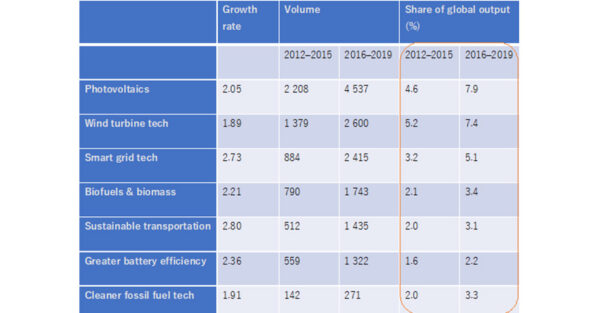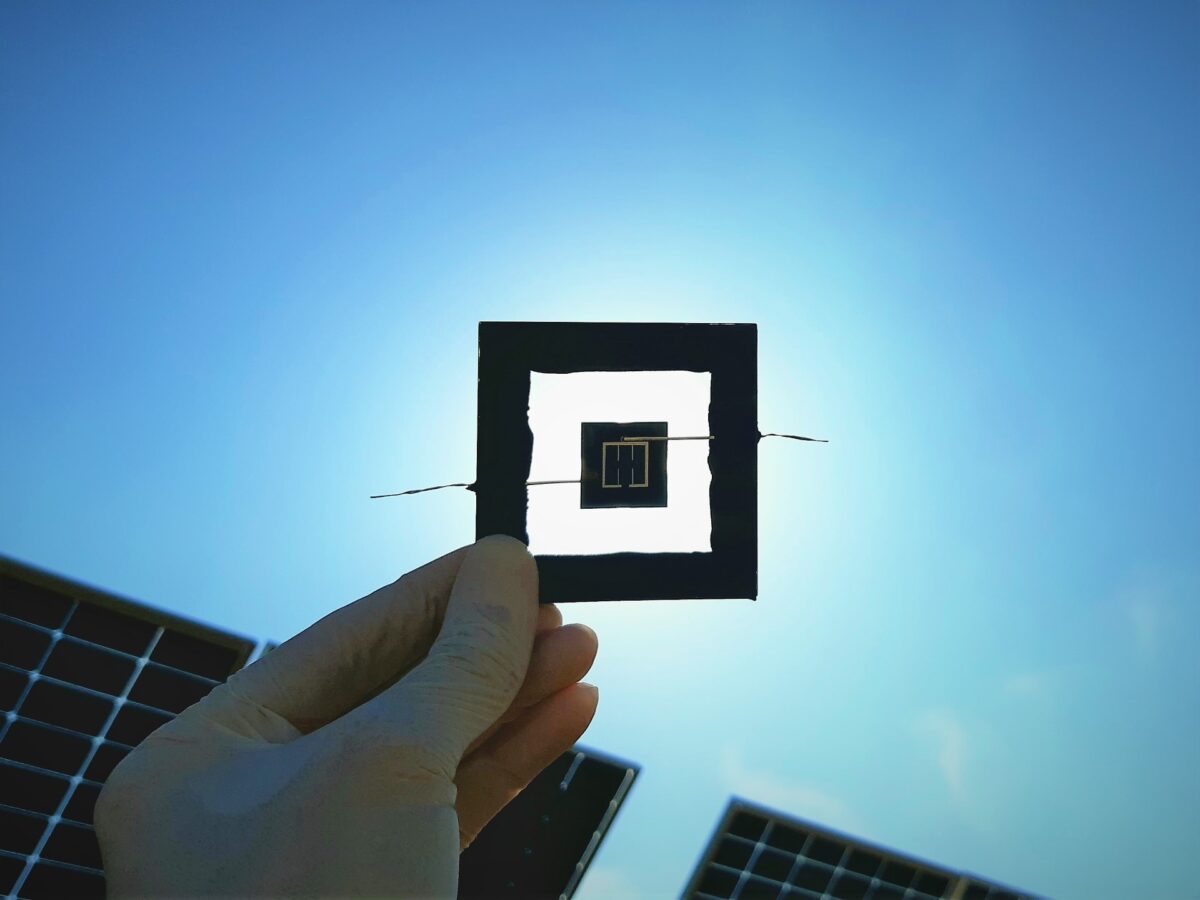The Arab countries of the Middle East and North Africa doubled their scientific output in research on renewable energy sources between 2012 and 2019, according to UNESCO.
Findings published in the global agency’s “Science Report 2021” state that Arab countries have increased their global share of academic articles on solar photovoltaics to almost 8% by the end of the last decade.
This was up from a 4.6% share of the world’s academic articles on solar halfway through the last decade and is higher than the region’s share of research in any other area of renewable energy research.
New analysis from UNESCO says this means the Arab region is now “punching above its weight for this topic,” as Arabs account for 5.3% of the global population.

Image: UNESCO
Of the Arab nations, Saudi Arabia has published the most scientific output on solar, followed by Algeria, Egypt, Morocco and Iraq.
When comparing the volume of publications to the population of a country, to measure the intensity of scientific output on solar photovoltaics, Qatar ranks highest, followed by Saudi Arabia, Tunisia, United Arab Emirates and Jordan.
Despite accelerating output, research expenditure remains well beneath 1% of gross domestic product in most Arab nations.
The two notable exceptions are Egypt, where research expenditure was 0.96% of GDP in 2021, compared to 0.53% in 2011 and the United Arab Emirates, which totaled 1.50% of GDP of research expenditure in 2021, up from 0.49% in 2011.
pv magazine and Solarabic have developed a new event in the Saudi energy landscape – SunRise Arabia Clean Energy Conference 2024. The event, which combines their long-term market expertise, will take place in Riyadh on Jan. 31. Two of the event's sessions will include a discussion about solar module technology and other renewable energy technologies.
This content is protected by copyright and may not be reused. If you want to cooperate with us and would like to reuse some of our content, please contact: editors@pv-magazine.com.




By submitting this form you agree to pv magazine using your data for the purposes of publishing your comment.
Your personal data will only be disclosed or otherwise transmitted to third parties for the purposes of spam filtering or if this is necessary for technical maintenance of the website. Any other transfer to third parties will not take place unless this is justified on the basis of applicable data protection regulations or if pv magazine is legally obliged to do so.
You may revoke this consent at any time with effect for the future, in which case your personal data will be deleted immediately. Otherwise, your data will be deleted if pv magazine has processed your request or the purpose of data storage is fulfilled.
Further information on data privacy can be found in our Data Protection Policy.